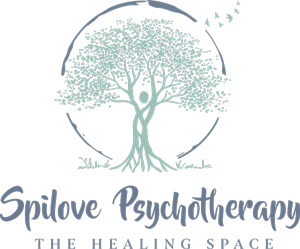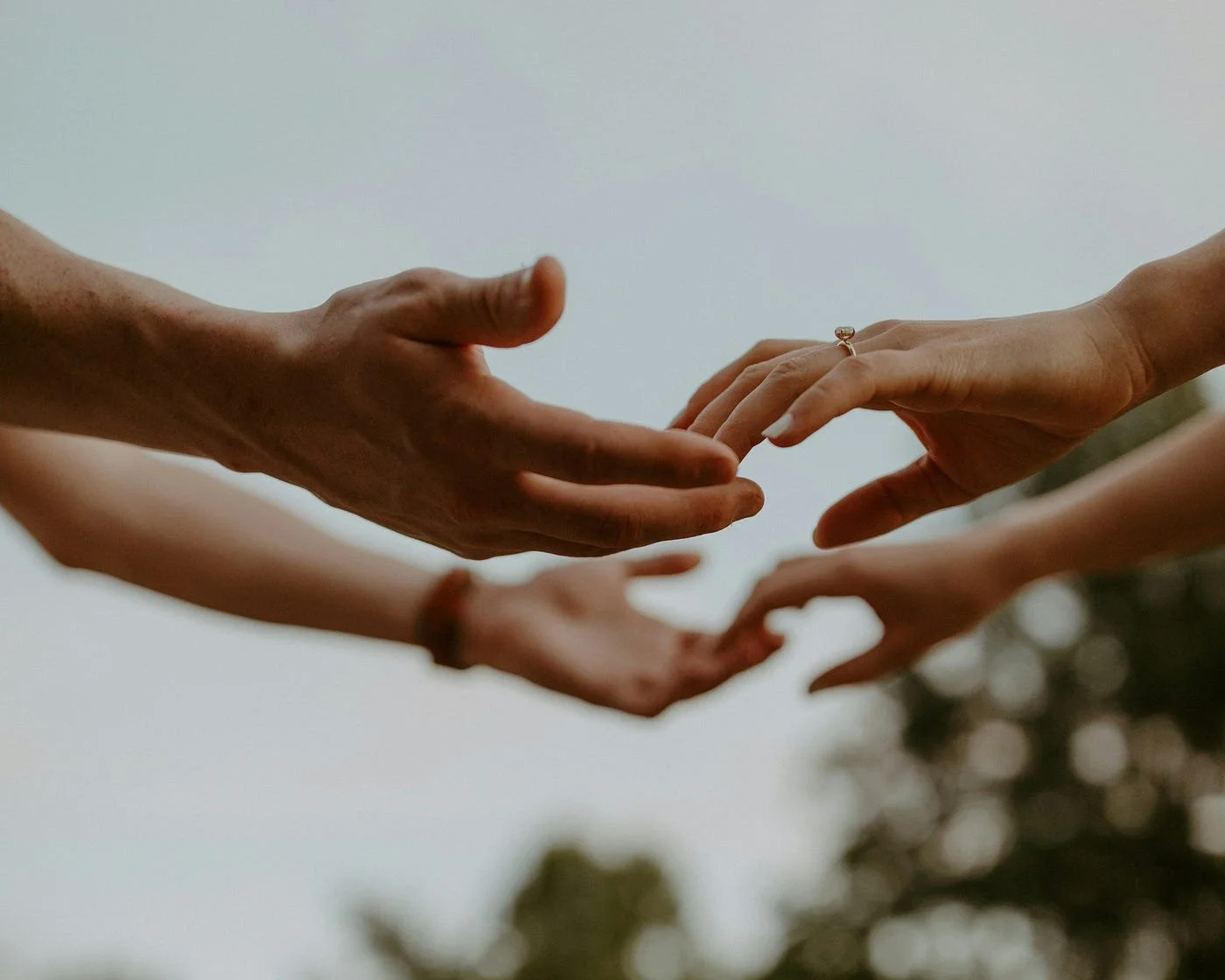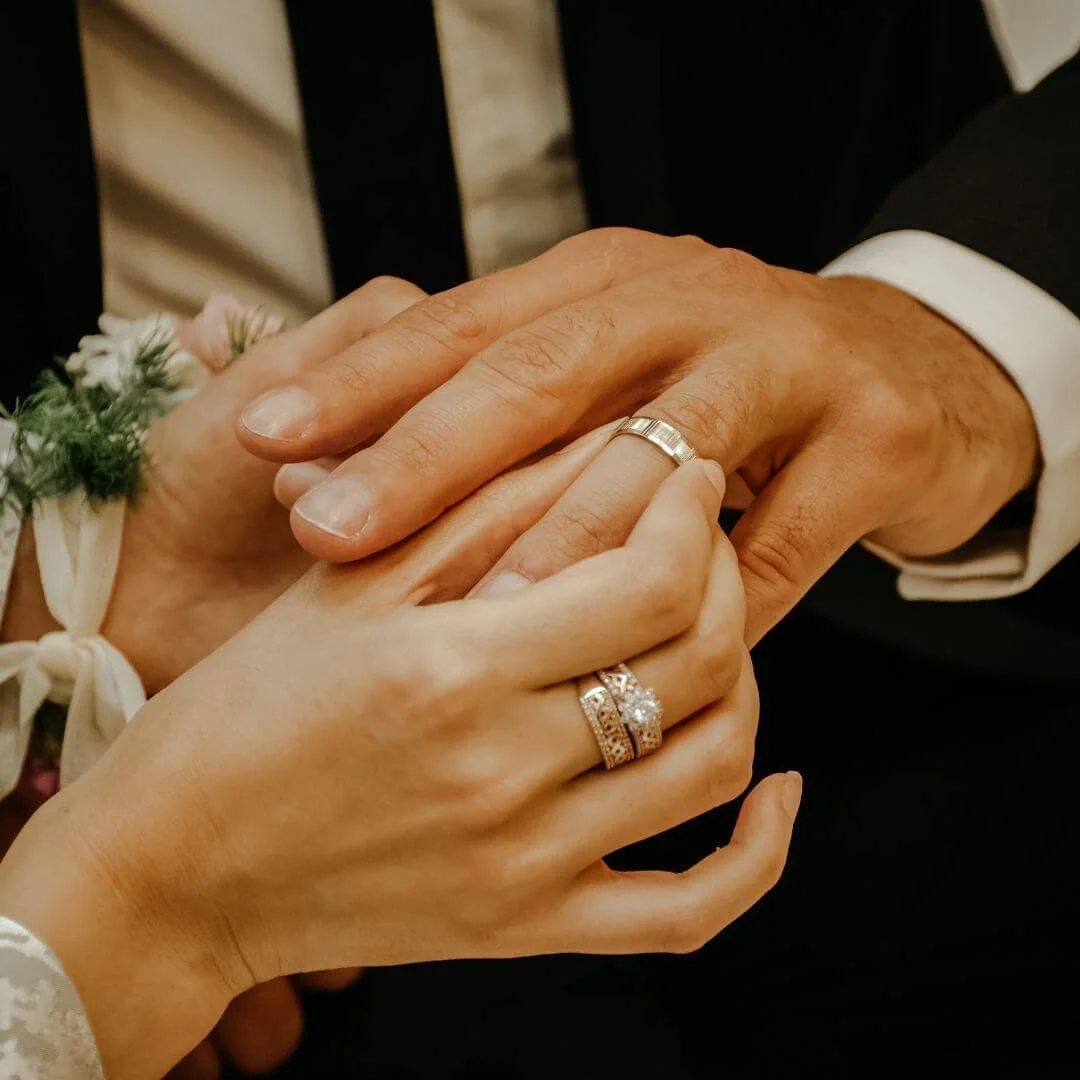As you might have heard, depression, anxiety and suicide rates are significantly higher among the LGBTQ community. The question is what will help build some resiliency? Well, there are a number of ways to help build resiliency in yourself or in those you love who may be struggling. Here are Spilove Psychotherapy's top five.
How Trauma Impacts Relationships & Intimacy: The Broken Door Concept
When we experience trauma, our bodies store it, along with our memories, our psyche and our soul. When we experience sexual trauma, our second chakra (the energetic center around the sacral area of the sex organs) can be thrown out of balance.
Bryn Mawr Trauma Therapy: 3 Things to Consider When Searching for a Trauma Specialist
Do you want to learn skills or go deep?
Before searching for a trauma specialist in Bryn Mawr, Pennsylvania, you may want to consider what, exactly you are looking for. Do you want to learn skills to help you tolerate the trauma memories? Or would you prefer to engage in deeper therapeutic work to get underneath the trauma so that it can heal at the core?
Skills such as DBT Skills are extremely helpful for daily life.
DBT has 4 tenants: distress tolerance, interpersonal effectiveness, emotion regulation and mindfulness. These skills are essential when doing trauma work for PTSD and for many other difficulties such as anxiety, depression, anger management, eating disorders, self-harm and addiction.
If you’d prefer to get underneath the trauma, you will need a therapist who can help you with skills to stabilize and one who is able to help you heal at the root of the problem.
These skills are the building blocks that will allow you to be able to function and tolerate uncomfortable memories and emotions as you dive deeper into the healing work.
2. Which Therapeutic Models Do you Prefer?
When looking for a trauma specialist in Bryn Mawr, you’ll also want to take the time to find out the model or theory that the therapist uses to help navigate your therapy. If you’re looking for a safe space to process and talk things out make sure you find a counselor who is great at talk therapy. If you are looking for evidence based interventions to help you DO something with the traumatic material, you may want to investigate something like EMDR. If you want to work more from the body or a creative place, you may want to look for an art therapist, a yoga therapist or an experiential or psycho-dramatic therapist. Ideally, you’ll find a therapist who is able to choose a therapeutic tool from a large tool belt with many choices.
3. What is your commitment level to healing?
Successful therapy is mostly about your commitment to healing. Your counselor may ask you to consider abstaining from addictive substances, behaviors or eating disordered behaviors, especially while you’re engaged in trauma work. If you’re doing drugs, engaging in self harm or throwing up your food while you’re trying to heal from PTSD, it can side-track the process. Instead of taking the time in between sessions to allow your psyche to continue to process and digest the trauma, engaging in behaviors can numb the emotions and make it less likely that you will process and be ready for your next session. When you commit to your own healing process, it means you are willing to look at all aspects of your life and work towards shifting the things that no longer serve you.
Commitment to healing also means consistency.
If you engage in therapy every week, it creates synergistic momentum as opposed to dropping in only when you’re experiencing anxiety or depressive symptoms. Committing to consistent therapy will help you heal faster and more completely. What is your level of commitment to healing from a traumatic past?
If you’re looking for a trauma specialist near Bryn Mawr, Pennsylvania and need some helping finding the right person for you, please feel free to give us a call at 484-784-6244 for a free 15 minute initial consultation. We are happy to help you find the right trauma therapist for you.
"We cannot love others until we love ourselves" by Mikala Morrow
"We cannot love others until we love ourselves"
by Mikala Morrow, Villanova Graduate Counseling Intern
This saying has been a cliché statement that has been thrown around as a way to encourage self-care or even used as a convincing statement to those who find it hard to love themselves. What does this statement truly mean?
It means that someway, somehow we must find, within us, love. This must mean that love is an innate ability and we all possess the ability to love ourselves without the assistance of others.
Personally, I do not believe this to be true. Can we truly have an innate ability to love ourselves without any help from others? If we truly cannot love others until we love ourselves, we have to be able to love ourselves without help, right? Which comes first, the chicken or the egg? Which comes first, our innate ability to love? Or is love taught to us from our caretakers, partners, peers or a higher power?
What if, “We cannot love others until we love ourselves” becomes “We cannot love ourselves and others until we have been loved.” My argument is that in order to learn to love others, we must first be loved. We must learn how to love and what love is.
Imagine a child who is neglected by their caretaker. This child never truly learns love. Instead, to them, love means neglect. Later on in life when meeting new people, how will they love them? If all this older child has known is that love is neglectful, they too will neglect those that they love.
Compare the first child with someone who has a loving caretaker who has shown interest in who they are. This child will grow up with the idea that love is showing interest in others and will love in this way. These examples may not be true for all, but it is something to think about. The child in the first scenario may
learn somewhere how to truly love but this will not come as easily as the child in the second scenario.
We need to learn what love looks like towards us and we also need to learn how we love. We may love by giving others gifts or our time. We may show our love through compliments or by offering a shoulder to cry on. We all have a unique way to show love. In order to practice our ways of loving, we need people around us to accept our love. If our unique way of showing love is rejected, we learn that we are not good at loving, or our way of loving is wrong.
Let’s say you show love with your time but your partner becomes annoyed and tells you they just want space. Your way of loving has been pushed away. We need other people around us to affirm the way we love. While the statement, “We cannot love others until we love ourselves” has a good message at the core, it can be damaging for those who have never learned how to love themselves.
We all need love whether it is from other humans on earth (maybe even from a pet) or a supernatural love. Then we can truly love others’ authentically and comfortably.
Mikala has an intensely compassionate and unique way of connecting with you to help you identify and express your feelings and your deepest sense of self. She is persistent and encouraging in the face of hopelessness and despair. She especially loves working with women to provide tools to alleviate anxiety and depression. Mikala has a wealth of experience and is skilled in the mental health field working with domestic violence, food & body issues and addiction. If you're struggling to tolerate your emotions and you're looking for a guide to help you get to know yourself better, give her a call now at 570-412-4516.














